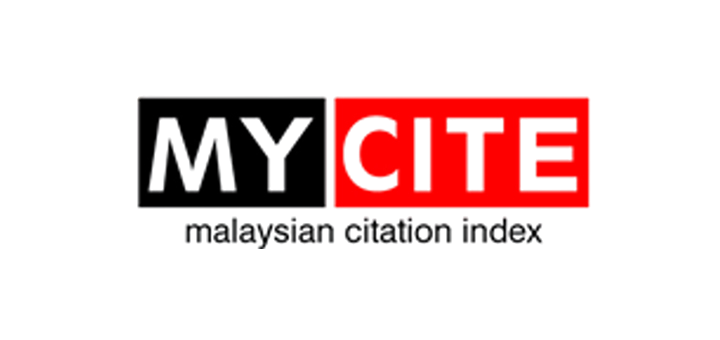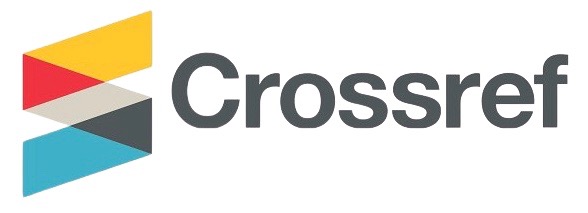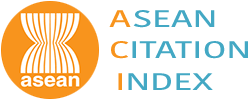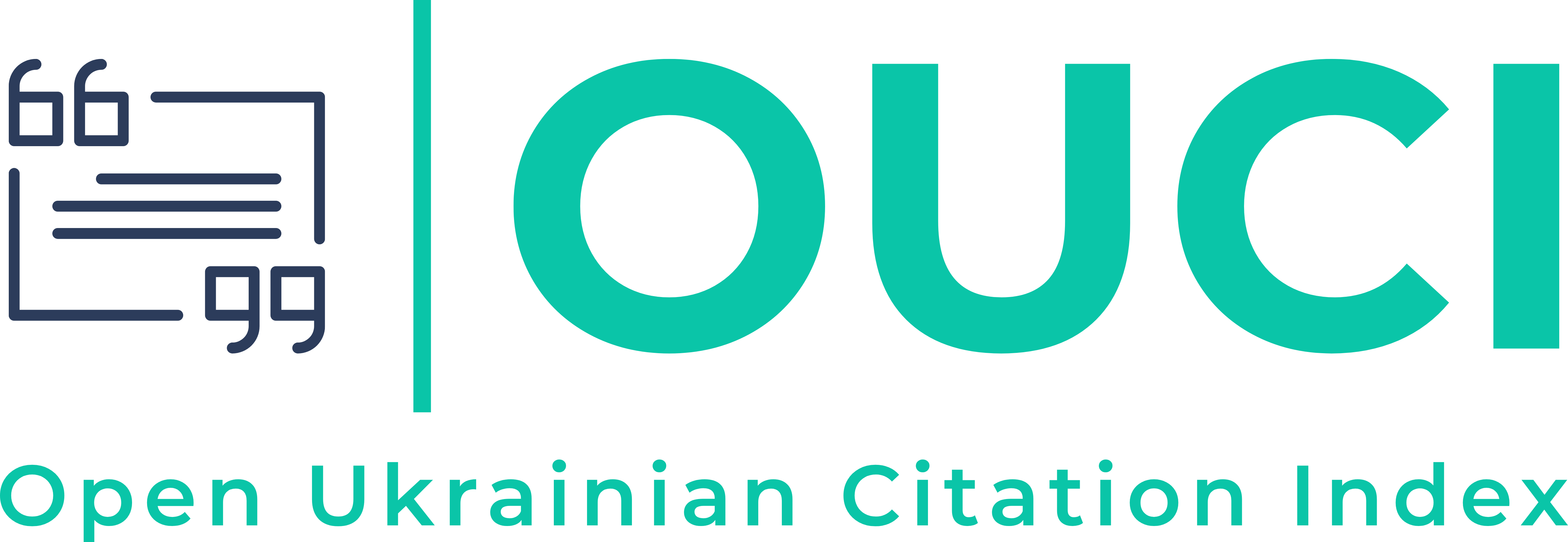Spiritual Reflections in Bharathiar's Poetry: An Analysis through SEB4K and SPB4K
Abstract
This study explores the spiritual elements embedded in the poems of Subramania Bharathiar, a prominent Tamil poet and visionary, through the integrated application of the Sistem Etika Bersepadu 4K (SEB4K) and Sistem Pemikiran Bersepadu 4K (SPB4K) theories. These theories, introduced by Mohd Yusof Hassan, provide a holistic framework that examines ethical systems and integrated thinking across four key dimensions: Creator (Khalik), Self (Kendiri), Social (Kemasyarakatan), and Environment (Kelestarian Alam). The research employs qualitative content analysis to systematically analyze Bharathiar's poems from a spiritual perspective, emphasizing themes such as divine connection, self-awareness, moral integrity, social justice, and harmony with nature. Findings reveal that Bharathiar's poetry transcends literary beauty by offering a profound spiritual blueprint for personal and societal transformation. This article contributes to the understanding of cross-cultural spirituality in literature and demonstrates the relevance of Bharathiar's poetic legacy in promoting ethical and holistic human development.
Downloads
References
Akhilan, K. (1990). Bharathiar Kavithaigal [Bharathiar's Poems]. Chennai: Bharathi Puthagalayam.
Alshehri, S., Fotaki, M., & Kauser, S. (2021). The effects of spirituality and religiosity on the ethical judgment in organizations. Journal of Business Ethics, (3), 617–633. https://doi.org/10.1007/s10551-020-04485-0
Anantharaman, G. (1994). The Poetic Vision of Bharathiar. New Delhi: Sahitya Akademi.
Arumugam, R., Ali, N. A. M., & Deng, L. L. (2020). Pemikiran Siti Zainon Ismail dalam buku bergambar kanak-kanak Siri Sahabat Siti Kecil. Jurnal Melayu, (2), 273–288.
Astuti, N., Nufus, Z., Ifadloh, N., & Prasetya, L. T. (2021). An analysis of free and bound morphemes in william shakespeare's poetries. SKETCH JOURNAL: Journal of English Teaching, Literature and Linguistics, 1(1), 33-47.
Baskar, T. S. J. (2016). The Mind-blowing Teachings of Thiruvalluvar in a philosophical. International Multidisciplinary Research Journal, 4(4).
Boomari, N. & Ilakkuvan, R. (2022). Ideas of Religious Harmony in Bharathiyar Poetry. International Research Journal of Tamil, 4(11). DOI:10.34256/irjt224s114
Boyd, R. L., Blackburn, K. G., & Pennebaker, J. W. (2020). The narrative arc: Revealing core narrative structures through text analysis. Science Advances, 6(32), eaba2196. https://doi.org/10.1126/ sciadv.aba2196
Cai, Z. Q. (2018). Poetry and Ideology: The Canonization of the Book of Poetry (Shijing) During the Han. In How to Read Chinese Poetry in Context: Poetic Culture from Antiquity Through the Tang (pp. 65-77). Columbia University Press.
Cheran, R. (1992). Cultural politics of Tamil nationalism. Comparative Studies of South Asia, Africa and the Middle East, 12(1), 42-56.
Gnanasambandan, A. D. (1978). Bharati and Tagore: Some Comparisons. Indian Literature, 21(4), 105-120.
Govindarajan, A. (2023). Bharathiyar Who Impressed Bharatidasan. Journal of Language and Linguistic Studies, 17(4).
Hassan, M. Y. (2012). Teori Sistem Etika Bersepadu 4K. Bangi: Penerbit Universiti Kebangsaan Malaysia.
Hassan, M. Y. (2014). Teori Sistem Pemikiran Bersepadu 4K. Bangi: Penerbit Universiti Kebangsaan Malaysia.
Hassan, M. Y. (2000). Pemikiran saintifik: SPB4L (3rd ed.). Malaysia: Pearson Education Malaysia.
Hemamalathi, N. (2022). Morals of Life in Bharathi's Poems. International Research Journal of Tamil, 4(11). DOI: 10.34256/irjt224s1131
Junaidi. (2022). Pemikiran dan etika dalam buku cerita kanak-kanak: Analisis menggunakan Teori Sistem Pemikiran Bersepadu 4K. Jurnal Pendidikan Awal Kanak-Kanak Kebangsaan, (1), 85–95.
Kailasam, V. (2015). Notes on a Postcolonial Sri Lankan Tamil Diasporic Aesthetic: Reading Cheran Rudramoorthy’s Poetry. Postcolonial Text, 10(3 & 4).
Kailasapathy, K. (2007). Tamil Heroic Poetry. New Delhi: Asian Educational Services.
Kamarudin, S. A. (2017). Jati Diri Melayu dalam Kumpulan Puisi Terpilih A. Aziz Deraman: Analisis Teori Pengkaedahan Melayu. International Journal of Language Education and Applied Linguistics, 7(4).
Karunanidhi, M. (2005). Thirukkural: A Socio-Ethical Study. Chennai: Tamil Nadu Textbook Corporation.
Manimaran, S. (2006). History and development of Hinduism in India and Malaysia. N. Singaravelu Sachinantham (Ed), Indian Studies: Discussing Multiple Perspectives (pp. 41-74). Kuala Lumpur: University of Malaya.
Murugesan, M. (2018). A Comparative Study of Lakshminath Bezbaroa and Subramania Bharati. Indian Literature, 62(1), 166-180.
Nadarajah, M. (2003). Bharathi: His Vision and Mission. Kuala Lumpur: Tamil Research Foundation.
Nandakumar, R. (2003). Bharathi: The Eternal Revolutionary. New Delhi: Publications Division, Government of India.
Nayar, P. K. (2010). An Introduction to Cultural Studies. New Delhi: Viva Books.
Pillai, M. S. (2004). Bharathi's Contribution to Indian Renaissance. Chennai: Bharathi Trust Publications.
Ponniah, J. (2019). Transforming Life-Worlds: In Praise of Kundrakudi Adigalar’s Practical Spirituality. Practical Spirituality and Human Development: Creative Experiments for Alternative Futures, 283-301.
Rajapandian, R., Iyyanar, S., Arumugam, S., & Krishnan, MC, B. (2022). Herstories in contemporary Indian films. American Journal of Economics and Sociology, 81(1), 41-52.
Rajeshwari, R. (2013). Social Ideals of Subramania Bharathi as Gleaned from his Essays. The Journal of Social Science and Humanity Research, 1(2), 296-301.
Ramanujan, A. K., Dharwadker, V., Ezekiel, N., Das, J., Seely, C. B., Sen, N. D., ... & Lavigne, L. (1989). Sixteen modern Indian poems. Daedalus, 295-329.
Satchidanandan, K. (1997). Towards A Poetics of Inversion: The Poetry of Chandrasekhar Kambar. Indian Literature, 40(4), 140-148.
Shanmugam, K. (2011). Subramania Bharathi: The Poet and the Prophet. Madurai: Madurai University Press.
Sivanarutselvi, A. (2022). Love in the Poems of Bharathiyar. International Research Journal of Tamil, 4(11), pp. 224-229. DOI: 10.34256/irjt224s1132.
Sundaram, K. (2001). The Socio-Spiritual Philosophy of Bharathi. Chennai: National Bharathi Centre.
Sunder Rajan, R. (2021). Subramania Bharati and the Rhetoric of Enthusiasm. History of the Present, 11(2), 152-192.
Thiruvasagam, A. (2006). Bharathi and His Quest for Social Justice. Coimbatore: Social Sciences Press.
Venkatachalapathy, A. R. (2010). Who Owns That Song? The Bharathi Copyright Case. Economic and Political Weekly, (42), 85-90.
Venugopal, S. (2007). Maleciya tamilkavitai Ilakkiyattil Mahakavi Barathiyin Takkankal. Pondicherry University.
Zohar, D., Marshall, I., & Marshall, I. N. (2000). SQ: Connecting with our spiritual intelligence. Bloomsbury Publishing USA.

















